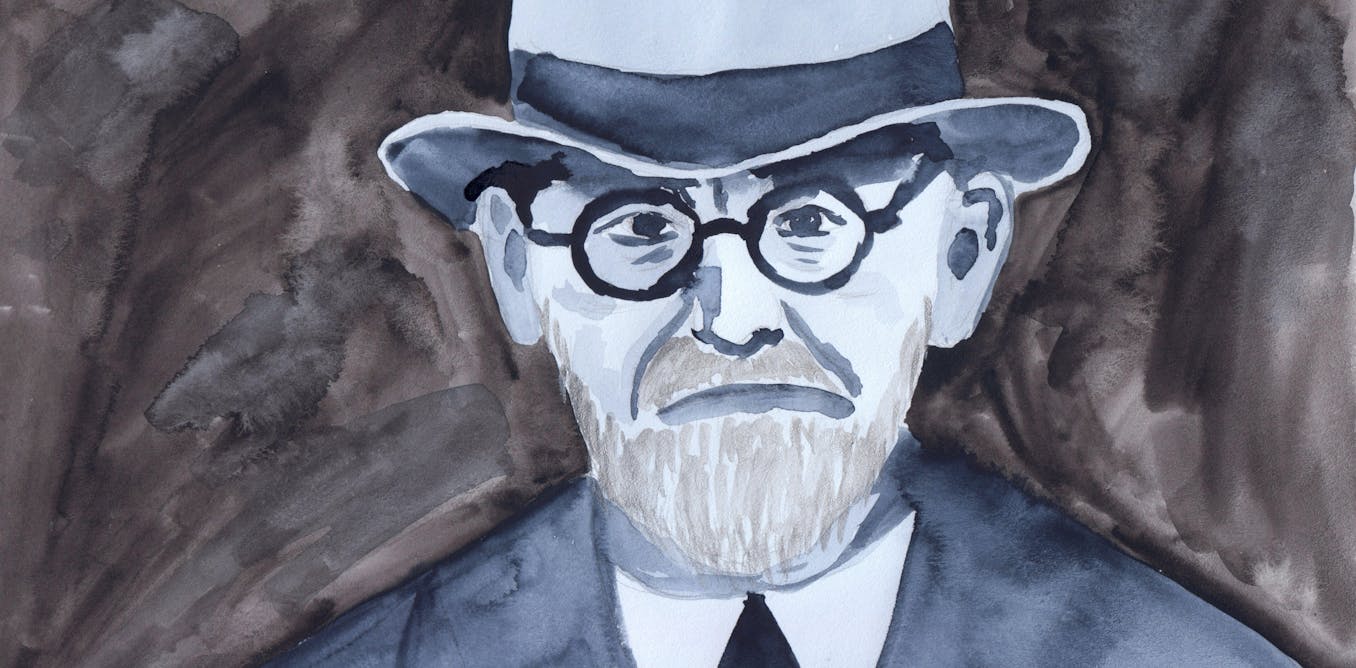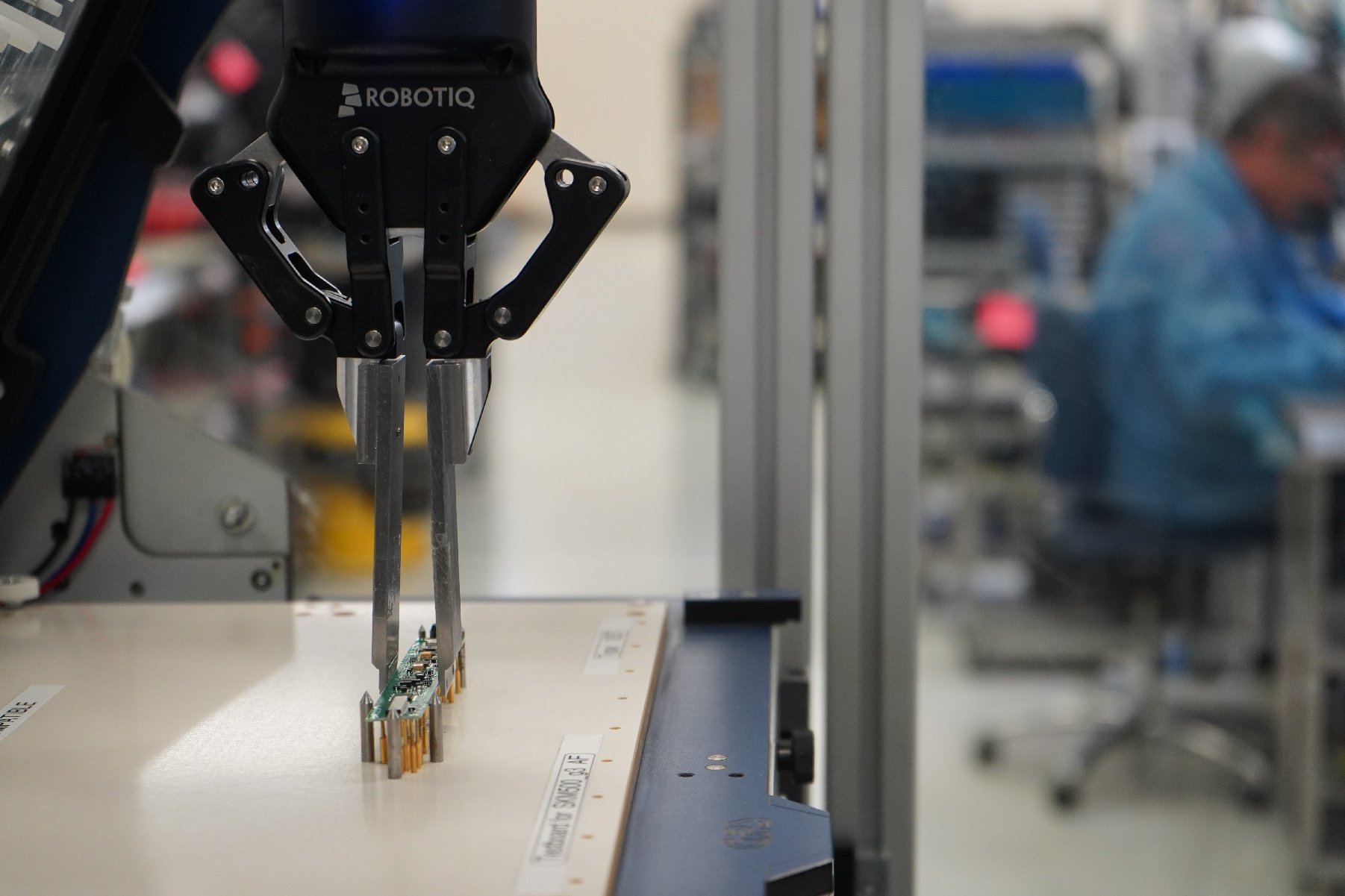Boxing, the “sweet science”, is a theatre of skill, power and drama that has captivated audiences for centuries. Yet, behind the allure of championship nights and historic rivalries lies a persistent shadow – controversial decisions that spark cries of “robbery”.
Boxing has had its fair share of controversial decisions which continue to spark debate among fans and experts alike. While technology in sports like football and cricket has supplemented objective rules, boxing’s reliance on subjective judgement leaves it uniquely vulnerable to bias and error. Isn’t it time the sport caught up?
The answer may lie in artificial intelligence (AI). Imagine a world where contentious decisions and accusations of bias become a thing of the past. Could the technology offer boxing the fairness and transparency it desperately needs?
Boxing’s history is long and storied, tracing back to bare-knuckle fights and evolving into the regulated, global phenomenon it is today. But some things haven’t changed. Chief among them is the subjective nature of judging. Unlike football’s offsides or cricket’s LBW (leg before wicket) calls, boxing lacks hard and fast rules for scoring.
Decisions depend on referees and judges interpreting abstract criteria like effective aggression, defence and clean punching. While these standards sound straightforward, their application often varies wildly, leading to unpredictable results.
Take the infamous 2012 Olympics, which featured many scoring controversies that led to demands for reform. More recently, during the Oleksandr Usyk v Daniel Dubois bout, the referee ruled that Dubois had delivered a low blow to Usyk. This left fans divided, with some feeling it should have been a legal punch.
It’s one example of where a key decision has sparked widespread debate in the sport. But there are many others.
Other sports have adopted innovative technology in an attempt to reduce subjectivity: cricket uses ball tracking for precise decision making, football has VAR (video assistant referee) for disputed goals, and MMA (mixed martial arts) employs replays to confirm pivotal moments. But boxing remains stubbornly dependent on human eyes. Why? Because its unique pace and nuance present challenges that technology hasn’t yet mastered.
For fans, what they might regard as an unfair decision can be a bitter pill. For fighters, it’s devastating – years of training undone by a controversial call. And for the sport as a whole, the disagreement over decisions can tarnish its credibility.
Boxing is an industry worth billions. Sponsors, broadcasters and pay-per-view audiences demand a product they can trust. Controversies don’t just upset fans, they jeopardise the sport’s business model. To survive and thrive, boxing needs to evolve, and technology offers a way forward.
Sebastian Borowski / EPA Images
AI’s potential in boxing
What makes AI so promising is its ability to process complexities. Rather than replacing human judgement, AI can supplement it, bringing much needed consistency to a sport fraught with interpretation. Technology doesn’t replace the human element, it supports it.
So what’s stopping boxing? Critics argue that tools like replay systems could disrupt the flow of a fight. But smart integration can avoid this. Imagine video reviews used sparingly, only for game-changing moments like knockdowns or disputed low blows.
Here’s how technology could reshape boxing. Sensors and AI could track punch accuracy, power and placement. This data would give judges a factual layer to complement their scoring. AI could also transform instant replays. Key moments, like knockdowns or potential fouls, could be reviewed quickly without disrupting the fight’s rhythm.
Artificial intelligence could also assist scoring. Algorithms trained on historical data could suggest scores based on patterns and metrics, acting as a guide for judges. Finally, blockchain technology, where a record of decisions is maintained across linked computers, could log and secure judges’ scores, creating a transparent record for post-fight analysis.
Progress and tradition
Boxing has always celebrated its traditions, and that’s part of its charm. But clinging too tightly to the past risks alienating today’s fans. Critics worry that too much technology might strip the sport of its human touch. But the goal isn’t to replace tradition, it’s to protect it by ensuring fairness.
A well-judged fight honours the fighters’ efforts and keeps fans engaged. Technology, applied wisely, can make that happen without losing the sport’s soul. It’s not about robots taking over – it’s about giving humans better tools to make the right calls.
Despite Tyson Fury’s discontent with the “experimental AI scoring system” that concurred with the award of his recent title fight to his opponent Usyk, over time, it’s possible that more consistent decision making by AI could build up trust in the technology.
Boxing has always been about honour, grit and glory. But to maintain its place in the modern sports landscape, it might be time to embrace change. AI can help boxing’s rich traditions remain, while bringing fairness to the forefront. With the right tools, boxing can reclaim its integrity, one fair decision at a time.

The post “AI-based technology could reduce the number of controversial decisions in boxing” by Kamran Mahroof, Associate Professor, Supply Chain Analytics, University of Bradford was published on 01/16/2025 by theconversation.com






















